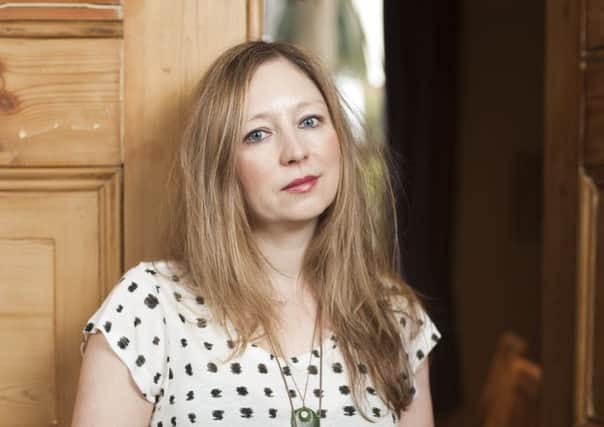Book review: Oligarchy, by Scarlett Thomas


So what next? Oligarchy is a sad, strange novel. Reading it, my head whizzed between different possible influences. At some points it resembled Iris Murdoch, particularly The Bell and Time Of The Angels; at other points it seems to hark back to Muriel Spark, especially The Abbess Of Crewe and The Girls Of Slender Means. (Slender is an important word in Oligarchy, possibly because of its relative absence given the themes). But eventually I settled on Shirley Jackson. This novel has all the horribleness but without the supernatural. It is also about how women are seen and how they see themselves. Like the other writers it also has an intense claustrophobia, a sense of dread and a quietly devastating analysis of power.
The central character is Tash – or Natalya, or Natasha – the daughter of the oligarch, who has been sent to an English private school which is part hot-house full of secrets and part St Custard’s from the Molesworth books, being run down, vaguely shabby and overpriced. She has a black Amex card, ludicrously expensive shoes and, as she gets to know her fellow students, an eating disorder. During the course of the novel, the idea of “ruling by the few” – the meaning of oligarchy – is very carefully unpicked. The young women are competitive, but not academically. What truly matters is size and the extreme nature of how they thin themselves out of things.
Advertisement
Hide AdThe gothic overlay is a couple of creepy teachers, two deaths, a pair of shouting therapists, a local legend involving drowning and a headmaster who takes girls to his rooms if they need “help”. There is also a louche aunt, who coaches Tash in how to be attractive, and whose business affairs are dubious at best, criminal at least. The oligarch himself is the novel’s Godot – always expected, never arriving.
The descriptions of the cycle of anorexia, with the girls trying to out-do each other in weight-loss, are absolutely horrible and credible. There is a ghastly snideness about who hasn’t lost weight, who has bad hair, who still has thighs that touch. Tash even confesses at one point that she tried to “catch” anorexia. The book is written more with pity than anger. The way in which other children (and they are children) are dismissed as obese or lazy rings true.
In a way, Oligarchy is a sharp look at toxic femininity. But it is also a novel with comic riffs. At one point, discussing the local folklore about a dead princess, Tash replies to the person asking about the Victorian princess being raped by a sultan, “Ravaged. We prefer ravaged to be honest, it’s kind of sexier?” Beforehand, there is a gruesome cadenza on this year’s fashion styles, which ought to “reference a current fashion trend from this actual season and… something seemingly random. So, for example, you could have cocktail safari, or mermaid outlaw, or vagabond princess, or cowgirl strip-club, or revolutionary vaudeville, or ballet tramp”. I suppose that Thomas is more revolutionary vaudeville than the other options.
The writing here is very, almost acutely clear, even when it goes into repetitions such as “reallyreally”or “soso”. There is a realism in this; a very carefully constructed one in that nobody really speaks as characters in novels speak. But it has the tang of the genuine about it. Despite the novel’s wit and sharpness, there is a fundamentally serious point to it, and not just about body dysmorphia and unrealistic expectations (that the headmaster reads Great Expectations is a clever grace note).
On a train back to school, Tasha sees nothing but solar panels and a few sheep, “one of which looks dead”, and muses, “Humans can’t eat grass, or solar panels. It’s as if the world is gearing up for a long bout of anorexia, its citizens all big-eyed schoolgirls with their skirts rolled up too short. Can seven billion people live on electricity alone? You can cook all day and all night but there’s nothing to cook”.
What has always impressed me about Thomas’s work is its moral integrity. You do not get easy answers but you do get hard questions. Oligarchy is above all about power, and it is unflinching in finding out how it operates. It is a novel where one character “is trying to give [her] some moral instruction, some basic feminist grounding”, despite living in a “soulless rich person’s apartment” and being “clearly so very unhappy”. This is not a happy book, but it is a necessary one. Stuart Kelly
Oligarchy, by Scarlett Thomas, Canongate, £14.99